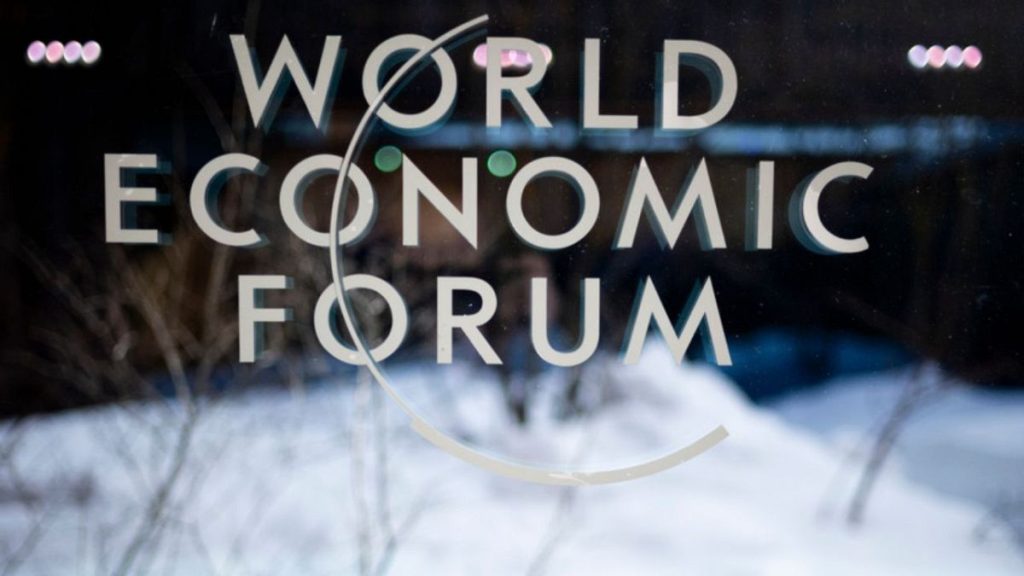The European Union’s enlargement policy, a multifaceted process aimed at integrating European nations into the EU’s political, economic, and social structures, has been a significant driver of change across the continent. This intricate procedure involves a series of negotiations, reforms, and adaptations by candidate countries to align with the EU’s acquis communautaire, the body of EU law. The promise of EU membership serves as a catalyst for democratic reforms, economic development, and regional stability, transforming candidate countries and shaping the geopolitical landscape of Europe. The debate on enlargement, particularly in the context of a shifting global order, raises crucial questions about the future direction of the EU and its role in the world.
The discussion surrounding EU enlargement encompasses a wide range of perspectives, often focusing on the potential benefits and challenges for both existing member states and aspiring members. For candidate countries, the allure of EU membership lies in the promise of enhanced economic prosperity, increased political stability, and strengthened security ties. Access to the EU’s single market, a vast economic zone with free movement of goods, services, capital, and people, offers opportunities for economic growth and integration. The prospect of greater political stability, fostered by adherence to democratic principles and the rule of law, is another compelling factor. Finally, the security guarantees associated with EU membership provide a sense of stability and protection in a complex geopolitical environment.
However, the enlargement process also presents significant challenges. Candidate countries must undergo comprehensive reforms to meet the stringent criteria for membership, encompassing areas such as governance, judiciary, human rights, and economic policy. These reforms can be both technically demanding and politically sensitive, requiring significant societal adjustments and political will. Furthermore, the integration of new members into the EU’s intricate institutional framework can strain existing structures and resources, potentially leading to administrative complexities and budgetary pressures. Concerns regarding migration flows, labor market impacts, and the potential dilution of the EU’s identity also contribute to the debate’s complexity.
For existing member states, the benefits of enlargement include the expansion of the EU’s economic and political influence, the creation of new markets and investment opportunities, and the strengthening of regional stability. A larger EU signifies a stronger voice on the global stage, wielding more influence in international trade negotiations, diplomatic efforts, and security initiatives. The addition of new members opens up new markets for businesses, providing access to a wider consumer base and fostering greater economic dynamism. Furthermore, the extension of the EU’s sphere of influence contributes to regional stability by promoting democratic values and the rule of law in neighboring countries.
Despite the potential advantages, existing member states also harbor concerns regarding the implications of enlargement. The absorption of new members can strain the EU’s budget, requiring adjustments in resource allocation and potentially leading to increased contributions from existing members. Concerns about potential labor market disruptions and increased competition for jobs can fuel anxieties within some member states. Furthermore, the integration of new members with diverse political and economic backgrounds can raise questions about the cohesion and effectiveness of the EU’s decision-making processes.
The debate surrounding EU enlargement is particularly relevant in the context of a rapidly changing global landscape. The rise of new global powers, shifting geopolitical alliances, and increasing economic interdependence necessitate a reevaluation of the EU’s role in the world. Enlargement, by expanding the EU’s reach and influence, can be seen as a strategic tool to strengthen Europe’s position in the global arena. A larger and more integrated EU can enhance Europe’s bargaining power in international trade negotiations, bolster its diplomatic influence, and enhance its security posture. However, the challenges of integrating new members must be carefully addressed to ensure that enlargement strengthens rather than weakens the EU’s overall coherence and effectiveness. The debate on EU enlargement is therefore not merely a technical discussion about membership criteria and accession procedures, but a fundamental dialogue about the future of Europe and its place in the world.














